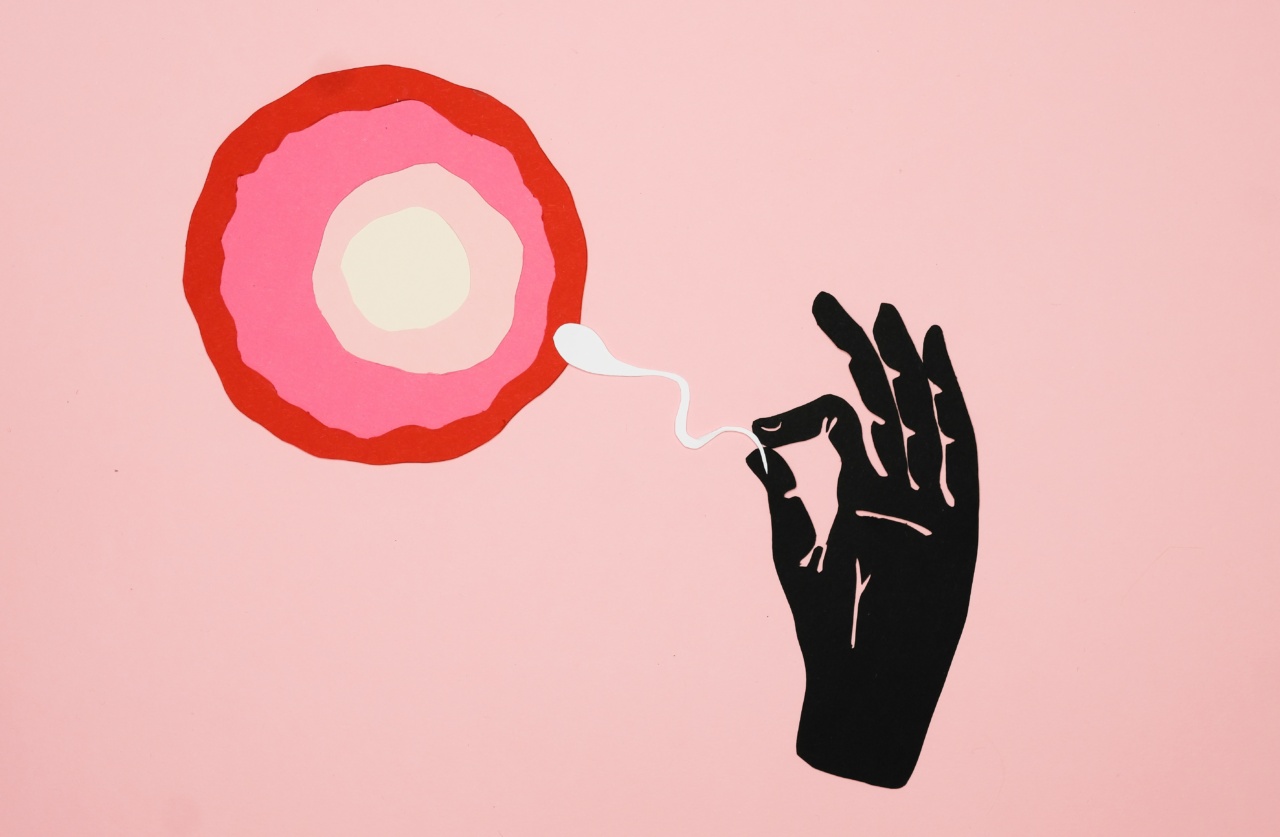During pregnancy, a woman’s body undergoes many changes to accommodate a growing fetus. These changes can lead to an increased susceptibility to environmental toxins, including chemicals found in food, water, and air.
Exposure to these toxins can have serious implications for both the mother and the developing fetus. One area of concern is the impact of chemical exposure on fetal sperm.
Chemical Exposure During Pregnancy
Chemical exposure during pregnancy can come from a variety of sources. Some of the most common include:.
- Environmental pollution
- Pesticides and herbicides
- Pharmaceuticals
- Food additives and preservatives
- Cigarette smoke
When these chemicals enter a pregnant woman’s body, they can cross the placenta and enter the fetal circulation. This can lead to developmental abnormalities, birth defects, and other health problems.
The Impact of Chemical Exposure on Fetal Sperm
Recent studies have shown that exposure to certain chemicals during pregnancy can have a significant impact on fetal sperm. Some of the chemicals that have been linked to these effects include:.
- Bisphenol A (BPA)
- Phthalates
- Polychlorinated biphenyls (PCBs)
- Dioxins
Exposure to these chemicals can lead to a variety of problems with fetal sperm development. Some of the most common effects include:.
- Reduced sperm count
- Reduced sperm motility
- Abnormalities in sperm shape and size
- Increased risk of birth defects
- Increased risk of reproductive problems later in life
Preventing Chemical Exposure During Pregnancy
Preventing chemical exposure during pregnancy requires a multi-faceted approach. Some steps that women can take to reduce their exposure to harmful chemicals include:.
- Eating a healthy diet that is free from chemical additives and preservatives
- Drinking filtered water
- Avoiding foods that may be contaminated with pesticides or herbicides
- Avoiding smoking and exposure to secondhand smoke
- Avoiding contact with household cleaning products and other chemicals
It is also important to stay informed about the potential risks associated with different chemicals and to take steps to minimize exposure whenever possible.
Conclusion
Exposure to chemicals during pregnancy can have serious implications for fetal development, including the development of fetal sperm.
By taking steps to minimize exposure to harmful chemicals, women can help protect themselves and their developing fetuses from the potentially negative effects of these substances.































